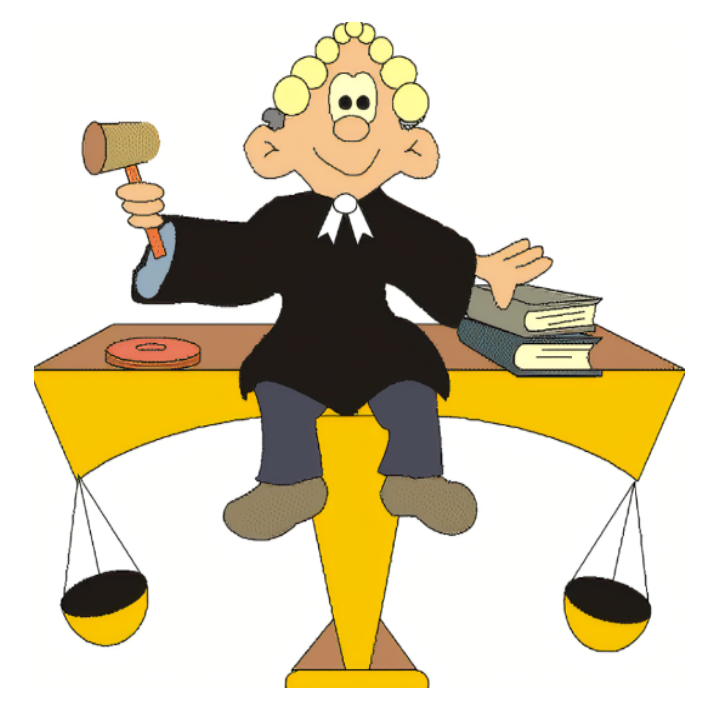Brown v Stott 2000 JC 328; 2000 SLT 379; 2000 SCCR 314
Citation:Brown v Stott 2000 JC 328; 2000 SLT 379; 2000 SCCR 314
Rule of thumb: How do you prove a trial was unfair? The full facts of the case have to be considered with it being remembered that Judges are not perfect – it is only if it has been particularly badly handled that the right to a fair trial will have been violated.
Judgment:
The particular facts of this case are not a great importance, but an important foundational point of procedure was established by the Court. The Court held in this that it should be remembered that the Article 6 right to a fair trial is a flexible right which has to be considered on a case by case basis, with hard and fast rules to be avoided as far as possible. In this case the Court held that incrimination for failing to say who was driving a car was not a violation of the Article 6 right to a fair trial, because failing to answer this question was a criminal offence in itself rather than a part of the criminal procedure where you had a right to silence, ‘What a fair trial requires cannot…be the subject of a single, unvarying rule or collection of rules. It is proper to take account of the facts and circumstances of particular cases’, Lord Bingham

Warning: This is not professional legal advice. This is not professional legal education advice. Please obtain professional guidance before embarking on any legal course of action. This is just an interpretation of a Judgment by persons of legal insight & varying levels of legal specialism, experience & expertise. Please read the Judgment yourself and form your own interpretation of it with professional assistance.

